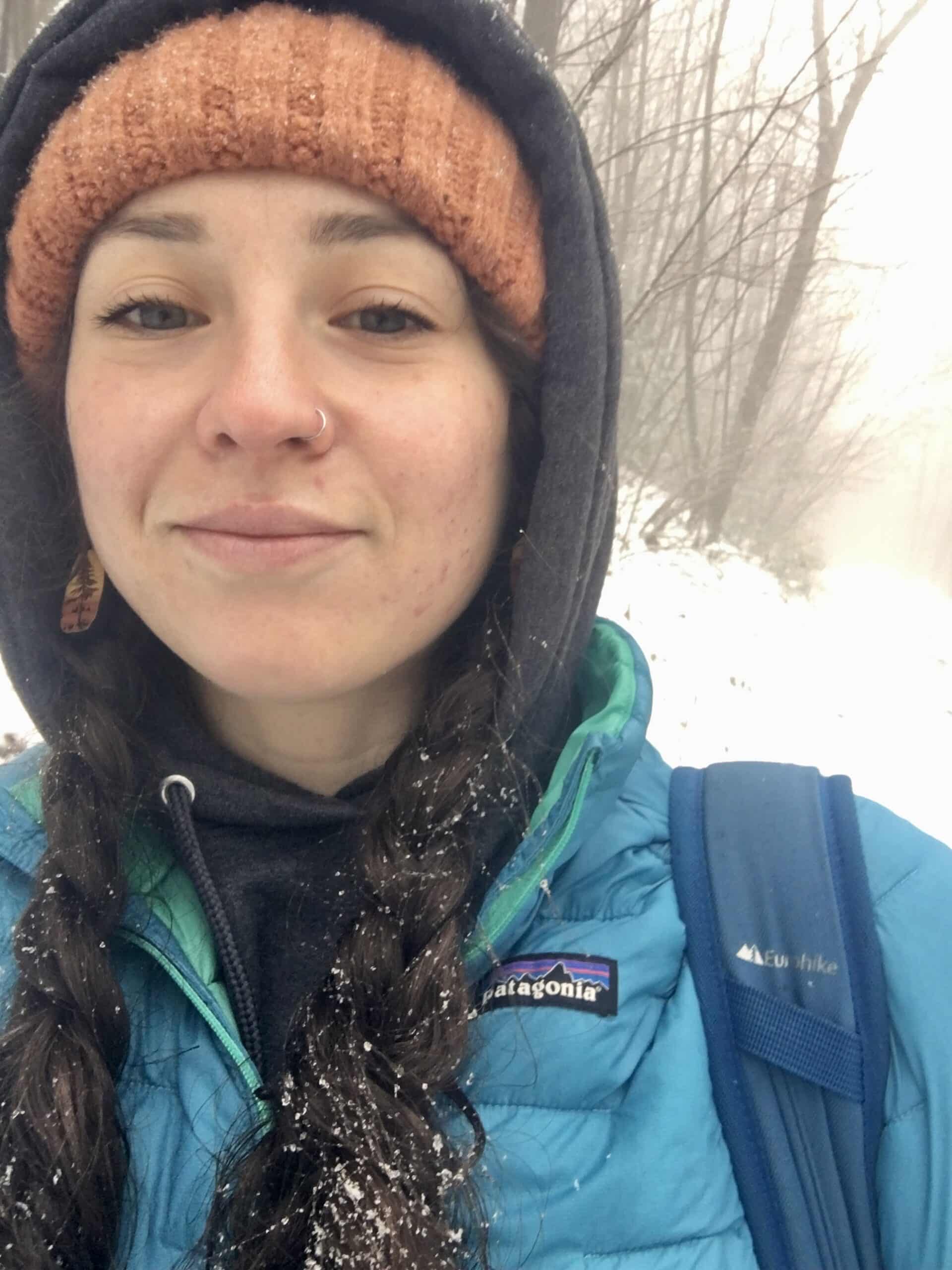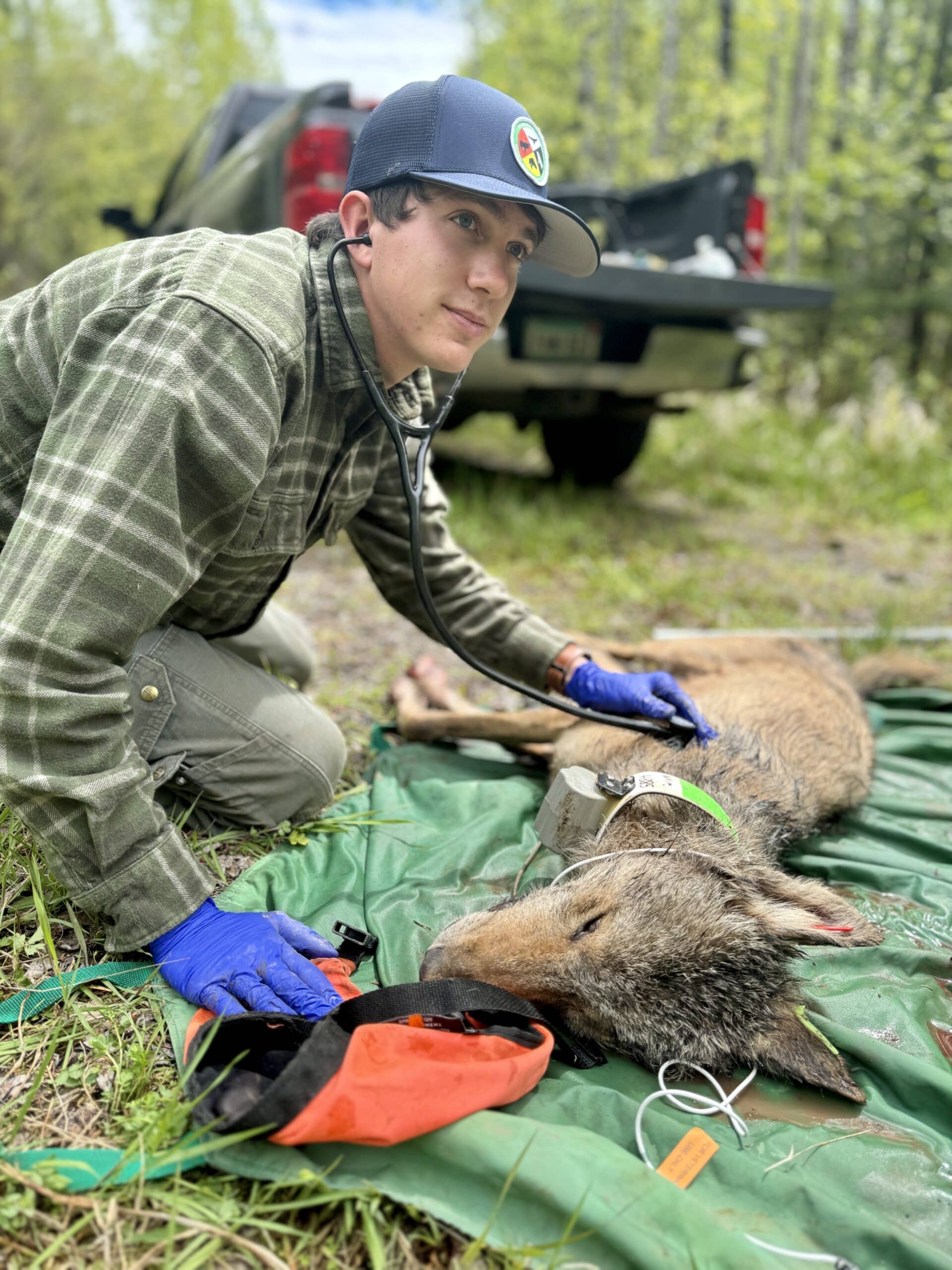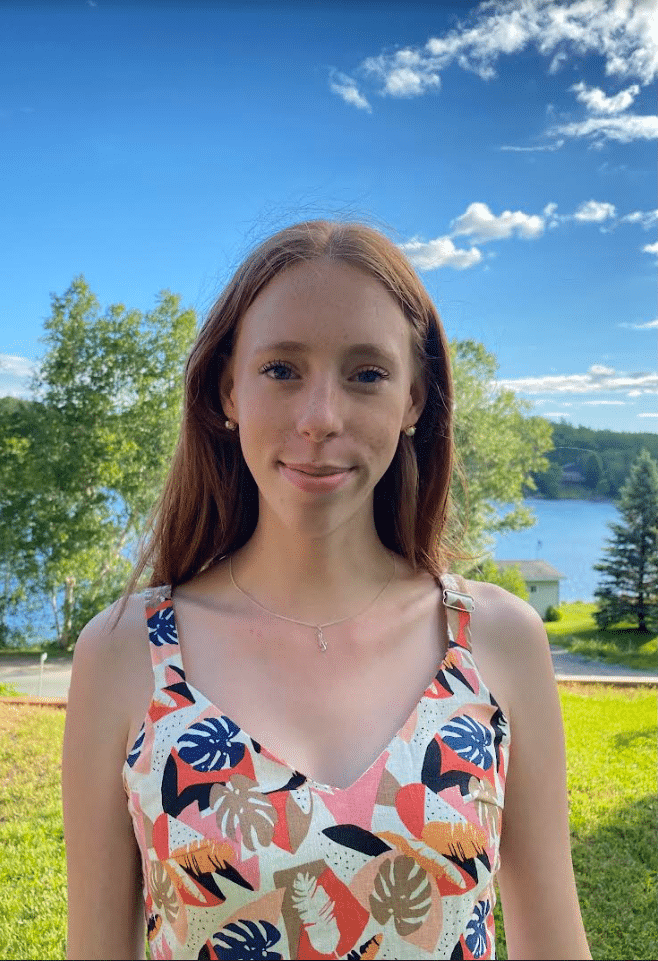The conservation landscape in the Americas is undergoing a significant shift, as the voices and perspectives of young people are increasingly being recognized and valued. This trend is accompanied by a growing optimism among youth, who are eager to contribute to the protection of the environment and the promotion of sustainability. In this blog, we will explore the thoughts, ideas, and initiatives of young conservationists across the region, and examine the impact of their contributions on the future of environmental protection in the Americas.
Q1: What inspires you to feel optimistic about conservation and the future of our planet?
We shine a spotlight on three of our favourite responses here:

“For every one person that doesn’t care about our planet and the well-being of other humans, I would bet there are at least 100 others who deeply care and see a bright future for themselves, their loved ones and their communities. I think people inherently care about one another, it’s just about helping people access their sense of empathy and deep longing for connection to people and to nature that will allow us to create global change together.”
Maddy Owens, 29, USA. (Photo Credits: Own Photo).
“La participación de los jóvenes en la Conservación permite adaptar nuevas estrategias e involucrar de manera innovadora el uso sostenible de la biodiversidad”
ENG: “The participation of young people in conservation allows us to adapt new strategies and innovatively involve the sustainable use of biodiversity.”
Ángel Freire Díaz, 34, Ecuador

“I feel a profound sense of optimism as I witness the world becoming more aligned with Indigenous activists and practices. As an Indigenous wildlife veterinary student, it’s heartening to see the conservation community finally embracing Indigenous climate guardians. This shift reflects a growing appreciation for the deep, ancestral connection we have to the land and the sustainable practices our communities have honed over generations. Seeing global conservation efforts increasingly led or co-managed by Indigenous groups gives me hope that our cultural wisdom and knowledge are being valued and integrated into modern strategies. The acknowledgment of Indigenous rights and the inclusion of our voices in international environmental policies further inspire me. This alignment not only honors our heritage and stewardship but also enhances the sustainability and effectiveness of conservation efforts. Knowing that collaborative and inclusive approaches are gaining traction, I feel more hopeful and motivated to contribute to the betterment of our planet.”
Avery Tilley, 23, USA. (Photo Credits: Emma Smith).
Q2: Why do you think it is important to involve and amplify youth voices in tackling conservation’s big challenges?
We shine a spotlight on three of our favourite responses here:

“It is important to involve and amplify youth voices in tackling conservation’s big challenges so that we can build the world that we deserve. Involving youth creates a natural succession plan and allows for mentorship opportunities from key knowledge holders and community leaders who can help to shape youth into strong, dedicated leaders in conservation efforts.”
Avery Morin, 22, Canada. (Photo Credits: Own Photo).
“Involving and amplifying youth voices in tackling conservation challenges is crucial because the youth are not only the future but also the present driving force of change. From their early years to their advanced studies, young people bring fresh perspectives and innovative ideas that can significantly improve our world. We are growing up in a time where the impacts of climate change and ecological degradation are becoming increasingly evident: this firsthand experience fuels our commitment to finding solutions and taking action ”
Andressa dos Reis Ferreira, 21, Brazil

“Young people have always been at the forefront of activism and advocacy and it is quite uncontested that we are influential, and our inclusion is fundamental to raising awareness. It is our right to be a part of decision-making processes and our concerns are valid. We are educated and our voices can put pressure on political leaders and get them to pay attention”
Dominique Bird, 18, Antigua and Barbuda. (Photo Credits: Own Photo).
This is the third in a series of four blogs in this Youth Voice Series focusing on different regions. Stay tuned for our upcoming blog to hear from young people in Asia and the Pacific. Why not add your voice by resharing our post and letting us know why you are optimistic for the future of nature and the role young people play in this.


